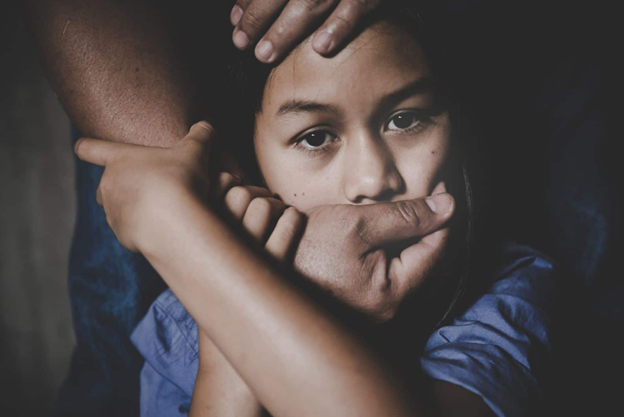Divorce affects a child’s life, especially since it’s unlikely the parents will soon be residing in the same residence.
But that merely enhances the significance of both parents ability to become actively involved in raising their kids. That is what the phrase “parental rights and duties” encompasses. And the judges will provide parents every chance to figure out best to work this out. It is only when parents can not agree, that a judge is going to need to make those choices for them.
Unlike what some might believe, custody isn’t an all-or-nothing proposal, where a single parent has complete control, shutting out another. In reality, the word “custody” is now such a lightning rod, that some states (such as Maine and New Hampshire) prefer to not use it.
Custody is really a multi-layered concept.
Both legal custody and divorce can be “only” or “joint” Sole lawful custody implies one parent must make all of the substantial decisions regarding the child.
Sole bodily custody implies a child resides only with one parent, although another parent has occasional visitation. Joint bodily custody involves the child living with both parents. (This could be anywhere from a couple of days per week to literally six months of the year.)
Be aware that only lawful custody is uncommon nowadays. It is generally seen only in scenarios in which a court finds a parent unfit to participate in decision-making, possibly due to a substantial psychological impairment or active substance misuse. Also bear in mind that only bodily custody does not imply the other parent does not get to spend some time with the kid.
In scenarios where one of those parents has only physical custody, the other parent will normally enjoy having parenting time, unless that parent poses a threat to the child. Part-time can encompass just about any scenerio the parents may agree on – provided that it does not adversely impact the child.
Parents having a child every other weekend, in addition to that parent spending a couple of hours through the week with the kid, is rather common. Extended time for summer holidays can also be normal, as is switching holidays every year. It is not strange for parenting plans to evolve as the child gets older and becomes more involved in more activities.
As far as the judges are involved, an arrangement between parents regarding their custodial rights and duties is best. And courts frequently provide help in that respect.
For instance, state divorce legislation might declare that parents attend court-sponsored courses, where they know about the effect of divorce on kids. In addition, in the event the parents have trouble reaching an agreement, the court could order them to attend custody mediation sessions, where trained court personnel try to help them solve any lingering problems.
However, as suggested earlier, in the event the parents can not achieve an agreement, then the courts will intervene. When picking custody and parenting time issues, judges have been guided by one overriding principle: do what is in the best interest of their child. Actually, at times the court will appoint a lawyer or a “guardian ad litem” (protector just for functions of a courtroom proceeding ) to represent the child in a custody dispute.
In granting custody, courts take into careful consideration several things. New Jersey judges, by Way of Example, look at variables such as:
- the parents’ ability to agree, communicate, and collaborate in child-related things
- the child’s interaction with the parents and any siblings
- the kid’s safety and the safety of either parent from physical abuse by the other parent
- the kid’s decision once the child is of sufficient age and capacity to make an intelligent decision
- the child’s requirements, for example, quality and continuity of their child’s schooling
- the parents’ health and also the stability of their home environment
- the geographic proximity of their parents’ houses
- the scope and quality of the time that the parents spent with the child before or following the separation, and
- the parents’ job duties.
Nevertheless, with the ideal frame of mind and some hard work, parents can generally avoid having a judge decide parental rights and obligations. Thinking about the psychological toll divorce requires on a youngster, it is worth the attempt to achieve a deal and avoid a trial.
Child Support
By law, it is incumbent on both parents to provide financial aid for their kids. In a divorce, deciding the quantity of support is not as subjective as custody and parenting time.
In arriving at a decision, the procedure primarily depends on the quantity of each parent’s income. But, there are different factors a judge might want to take under account in determining an amount.
In case you have any questions regarding parental rights and duties, talk to a knowledgeable family law attorney in your area.









